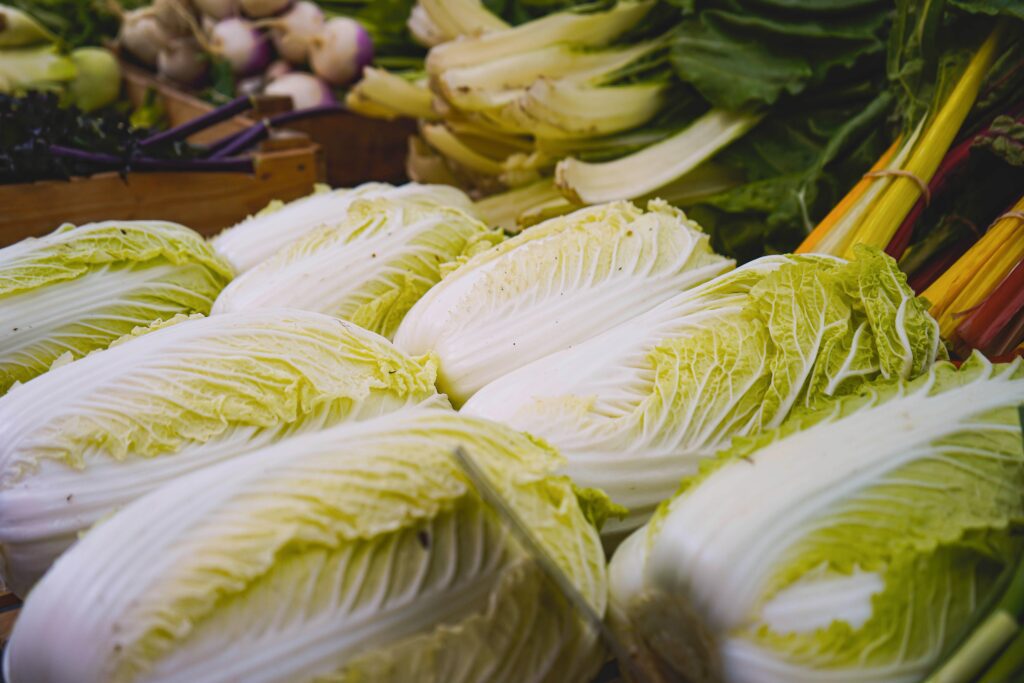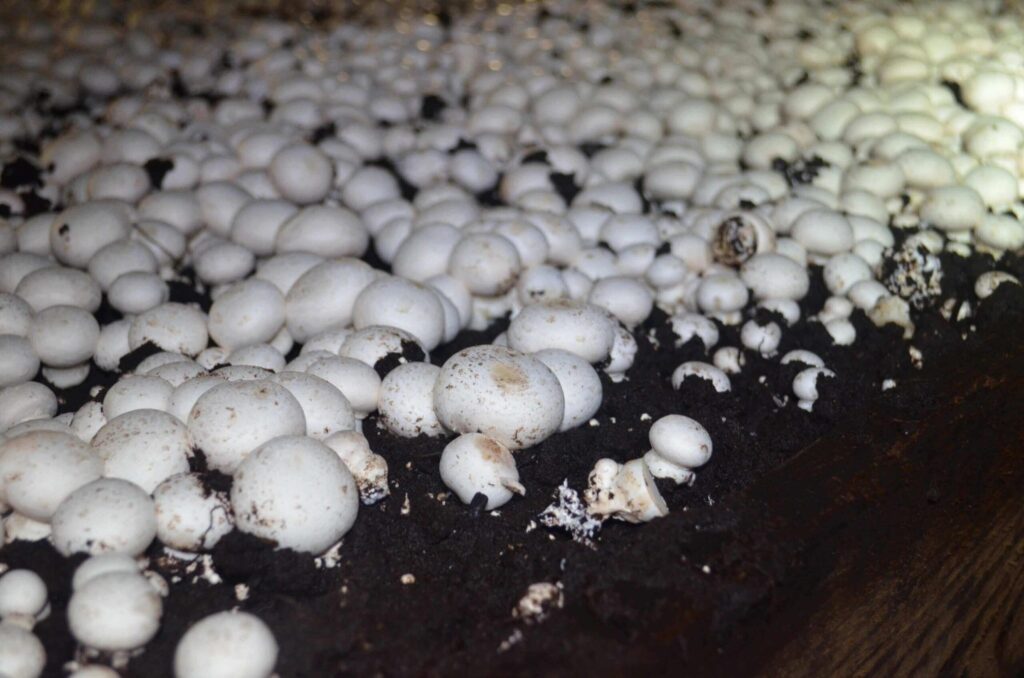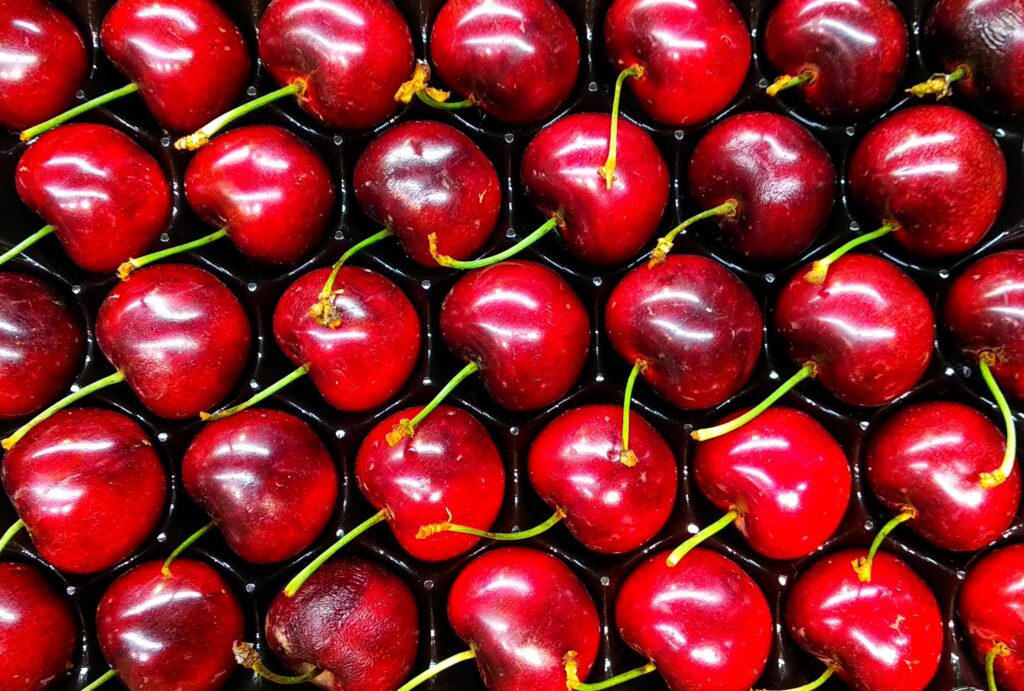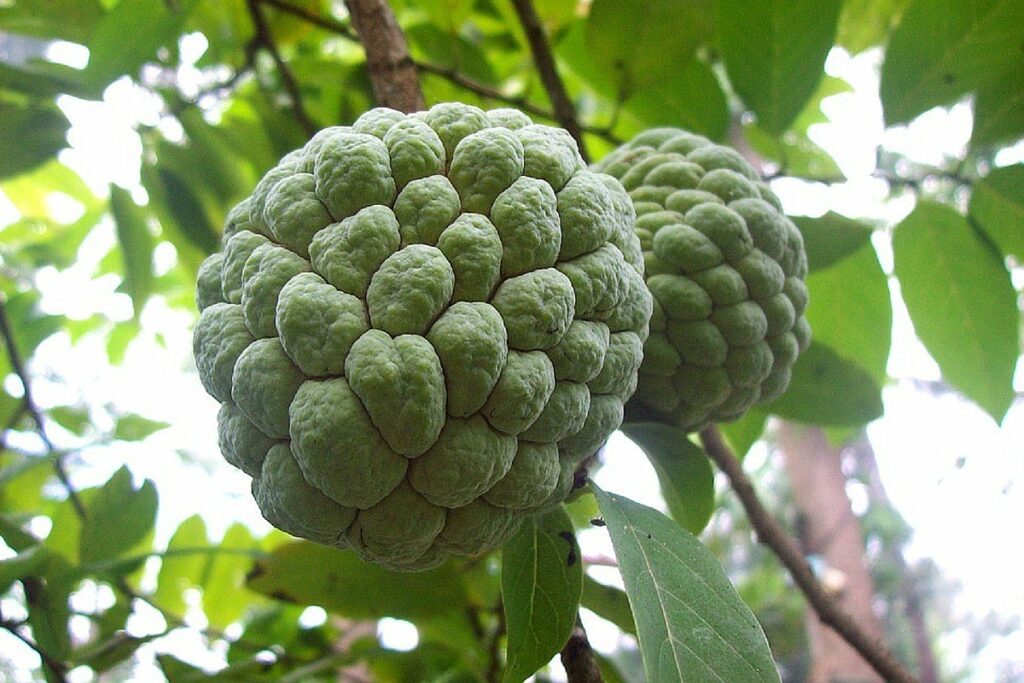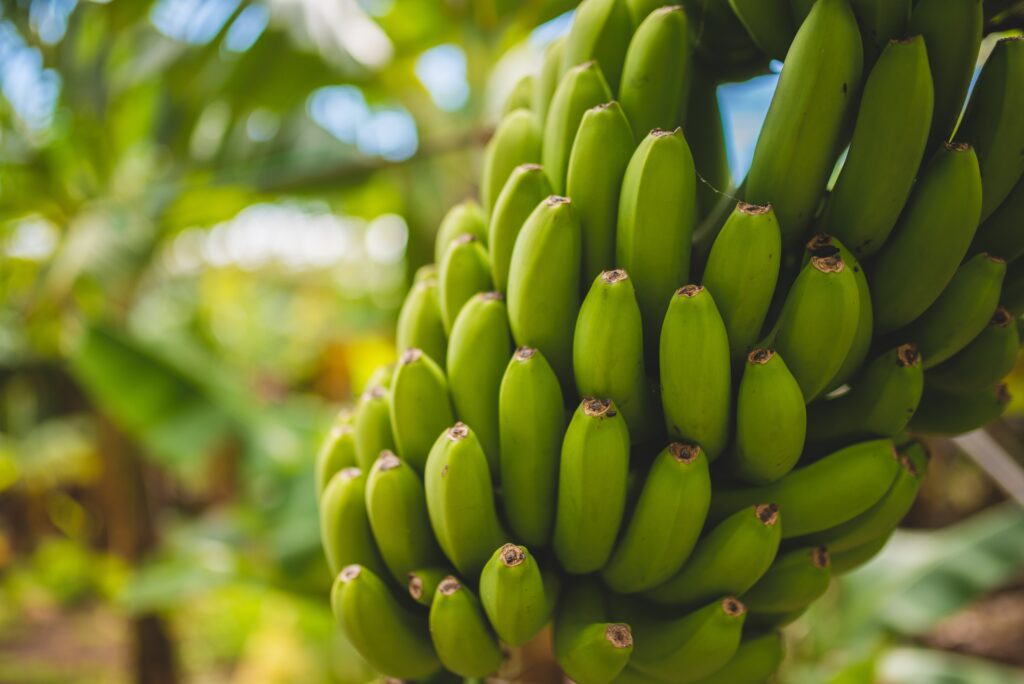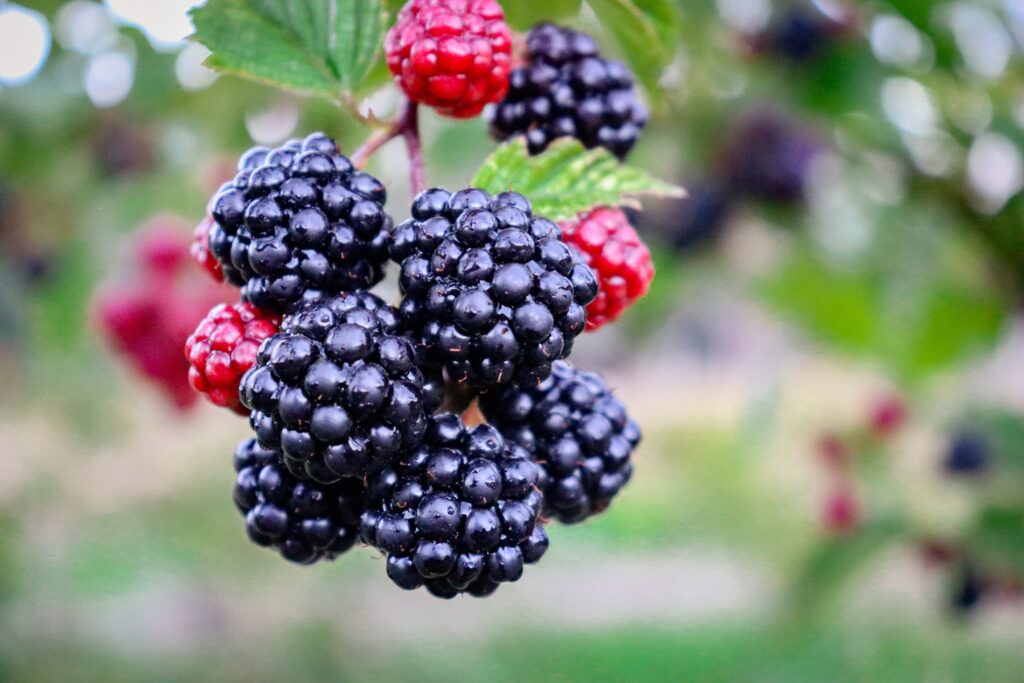Chinese Cabbage_Seed Germination – Singapore|{p}Seed Germination Assessment in Singapore. {/p}|{p}Germination rate highest amongst three treatments.{/p}
✓ Achieved 99% germination rate.|
✓ Typically used seed nutrients achieved a 94% germination rate.|
✓ De-ionised water without treatment achieved a 90% germination rate.

